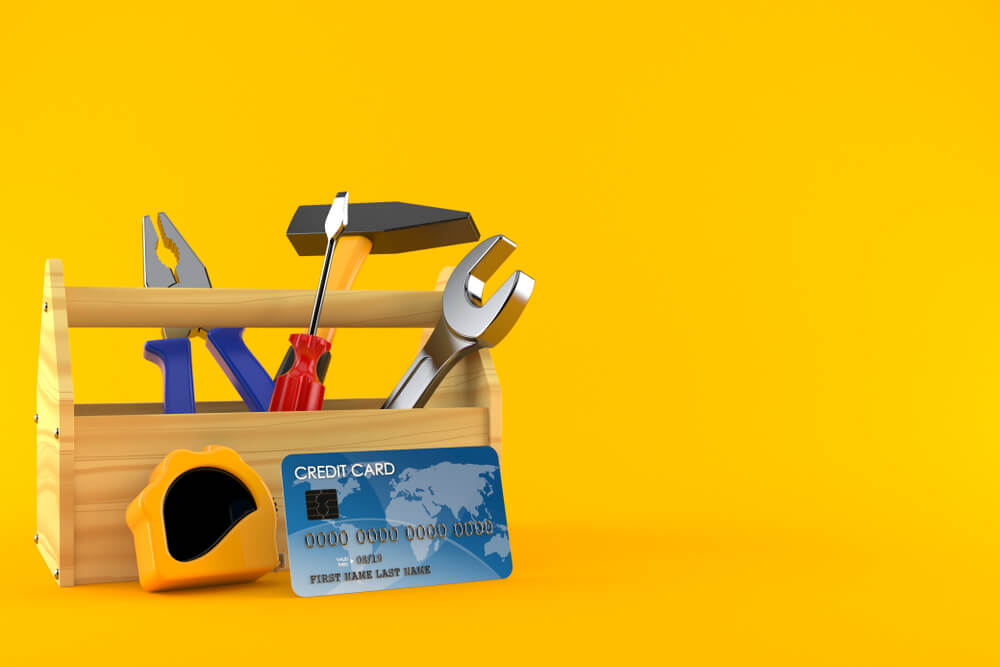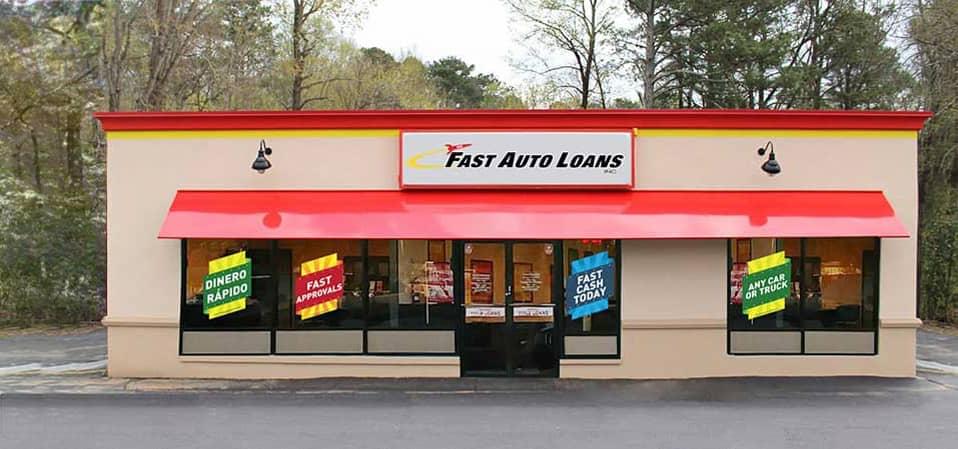
Fix Your Credit Score with a Registration Loan, A Way to Financial Help
A low credit score can make it hard to get loans or even rent a place to live. But the good news? It’s never too late to improve your credit and find a way to financial relief.
If you’re fixing your credit and need emergency cash, a registration loan may be the right solution. Below are 7 smart steps to repair your score, and how an Arizona registration loan from Fast Auto Loans, Inc. can help you when you need funds fast.
7 Tips For How To Fix A Credit Score And Prevent Problems
1. Check Your Credit Report Regularly
Your credit report is a record of your credit history for the last ten years. The three major credit bureaus that track your FICO credit score are Experian, TransUnion, and Equifax. Usually, your creditors will report your debts to all three, but this is not always the case.
You should make it a habit to check with each reporting agency. This also includes your credit score. It is important that you keep track of this. To check it on your own, you only have to do a soft inquiry, which will not cause further damage to your credit score. Keep in mind any hard inquiries into your credit can have adverse effects.
2. Dispute Credit Report Errors
The information on your credit report should be accurate, but the credit bureaus can still make mistakes sometimes. Therefore, you not only need to keep an eye on your credit score and report, but you also need to be looking out for any errors that you see. Fortunately, it is pretty simple to dispute these errors with the credit bureau.
3. Always Pay Your Bills On Time
Whether you are able to pay your bills on time makes up over a third of your credit score. This means that the best way to fix credit score is to make sure that you are consistently making all of your monthly payments on time so that you don’t get late fees.
This might feel like an overwhelming challenge but setting up an automatic payment system for your bills is the best way to help you get on the right track. Some bills, such as medical bills, will not have an autopayment option. In these cases, you should pay the bills as soon as you get them.

4. Reduce Your Debt Using a Plan
Paying your debts off is an incredibly important part of being able to fix credit score. There are two primary ways that you can do this. You can either use the debt avalanche method or the snowball method. The debt avalanche method says that you should pay off your highest debt first and then work your way down to the smaller debts until none are left.
The snowball method suggests the opposite. This is the idea that you should start by clearing away smaller debts first and working up to the bigger debts. You should carefully consider both options to find out which one is right for you. You might see a temporary drop in your credit score while you are doing this, but this will improve your credit rating in the long run.
5. Keep Old Credit Cards Open
If you have finally managed to pay your old credit cards off, you might be tempted to close those cards. However, this is not a good idea. If you keep these cards open, you can establish a long credit history. This is 15 percent of your credit score.
On the other hand, the bank that issued your credit card might automatically shut the card down if you go a long time without using it. Additionally, it might be worth shutting the card down if the company charges an annual fee for a card that you are no longer using.
6. Avoid Opening New Credit Cards
You also want to avoid opening up any new credit cards to fix credit score. Every time you apply for a new credit card, your creditor does a hard check on your credit report, which lowers your score. Additionally, if you are approved, it will lower the average age of your credit accounts.
The average age of your credit accounts makes up a significant portion of your credit score, so if it is low, it will cause your credit score to drop significantly. This is why you should avoid applying for any new credit cards unless you actually need to and you’ve paid off your old accounts.
7. Consider A Registration Loan For Emergency Cash
If you’re repairing your credit and an emergency comes up, a registration loan can help. At Fast Auto Loans, Inc., we offer Arizona registration loans for those who need quick cash without relying on credit cards or personal loans.
To get started, you’ll need:
- Your driver’s license or state-issued ID
- Your vehicle registration in your name
- Your valid Social Security number
- An active checking account
Once approved, you could receive between $300 and $1,500. And because the loan is based on your vehicle’s registration, not your credit, it’s a great option when trying to fix your credit score.
Learn more about Arizona registration loans here
Why a Registration Loan Could Be the Right Move
Unlike credit cards or payday loans, registration loans offer short-term help without deepening debt. They’re a practical choice when you need to:
- Handle unexpected bills
- Avoid missed payments
- Reduce financial stress
Fix Your Credit Score And Secure Your Future
Whether you're dealing with credit mistakes or just starting to rebuild, the steps above will help you improve your credit score over time. And if you need help covering sudden costs, don’t hesitate to consider a registration loan from Fast Auto Loans, Inc.
Start by filling out our online form or visiting your nearest Arizona registration loan location to get help today.
Note: The content provided in this article is only for informational purposes, and you should contact your financial advisor about your specific financial situation.

